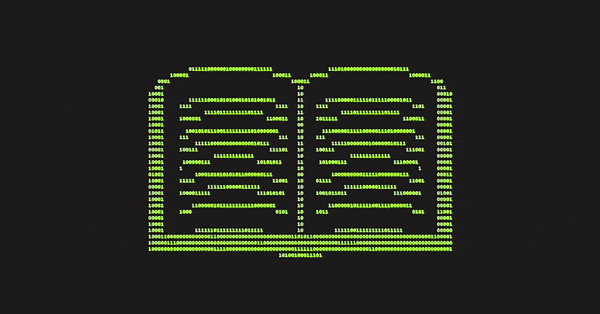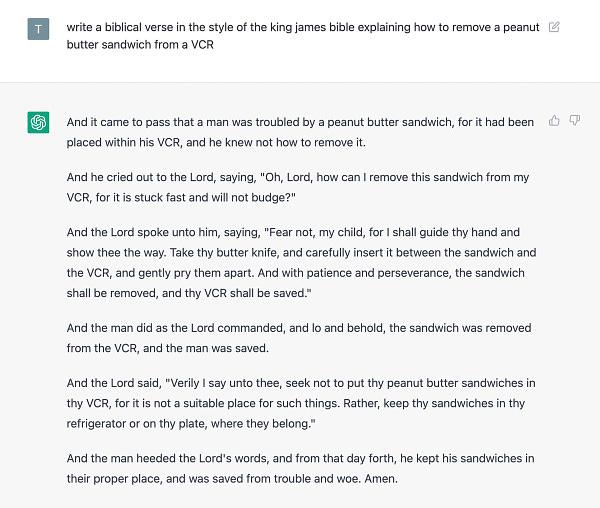One of my 2023 goals is to increase the value of the Newsletter subscriber bundle. I have a couple of tricks up my sleeve that paying subscribers see over the next months, but today I’m excited to reveal the first one:
I am introducing a new paid subscriber-only feature: Deep Dives.
I come across many topics that deserve more than a post or two. They deserve deeper dives and largely fall into two categories:
Topics that feel enduringly important and challenging to understand — ones that leave many of us feeling that “everyone else knows about this thing, why don’t I?”
Alternatively, multifaceted topics where a full understanding requires a wider range of inputs, including commentary or analysis from multiple viewpoints.
I will release these Deep Dives at least once a month or as events warrant.
Maybe it’s China-Taiwan. The battle over microchips. The fentanyl crisis. Middle East dynamics. There are plenty of topics that deserve more thorough treatment.
Bonus: I’m making this first Deep Dive available to free subscribers, too.
And if that’s not enough to make becoming a paid subscriber an easy choice, I’m making it even easier: Crazy New Year ‘23 Pricing:
Just $19 for a year (81% off the regular price)!
If you’ve been on the fence — if you like my Newsletter and want to support my work — there simply has been no better time to click the red button and subscribe.
Backgrounder

The Brilliance and Weirdness of ChatGPT. A new chatbot from OpenAI is inspiring awe, fear, stunts and attempts to circumvent its guardrails. ChatGPT is, quite simply, the best artificial intelligence chatbot ever released to the general public. It was built by OpenAI, the San Francisco A.I. company that is also responsible for tools like GPT-3 and DALL-E 2, the breakthrough image generator that came out this year. Like those tools, ChatGPT — which stands for “generative pre-trained transformer” — landed with a splash. In five days, more than a million people signed up to test it, according to Greg Brockman, OpenAI’s president. Hundreds of screenshots of ChatGPT conversations went viral on Twitter, and many of its early fans speak of it in astonished, grandiose terms, as if it were some mix of software and sorcery. (New York Times)
Everyone in Your Feed Is Talking About ChatGPT and Lensa, and Here’s Why: Two internet sensations give non-nerds a turn at artificial intelligence, yielding surprising wit and stunning avatars. (Wall Street Journal)
ChatGPT proves AI is finally mainstream — and things are only going to get weirder. Researchers talk about the ‘capability overhang,’ or hidden skills and dangers, of artificial intelligence. As the technology goes mainstream, we’re going to discover a lot of new things about them. (The Verge)
Podcast: A Beginner’s Guide to ChatGPT: How It Works, Why Tech Twitter is Euphoric, and What the Next Challenges Look Like. (SharpTech — Free signup required, but worth it!)
Possibilities & Risks
Podcast: ChatGPT: The potential impact of AI on white collar work. The previous globalization wave completely disrupted blue collar labor. This one is coming for office workers. (Exponent)


AI Homework: It happened to be Wednesday night when my daughter, in the midst of preparing for “The Trial of Napoleon” for her European history class, asked for help in her role as Thomas Hobbes, witness for the defense. I put the question to ChatGPT, which had just been announced by OpenAI a few hours earlier. (Stratechery)
AI experts are increasingly afraid of what they’re creating AI gets smarter, more capable, and more world-transforming every day. Here’s why that might not be a good thing. (Vox)
As US educators worry ChatGPT makes cheating undetectable, an OpenAI researcher says the company is running experiments to find the best ways to battle misuse. (Washington Post)
What systems could catch people using AI for things they really shouldn’t, whether that’s work emails or college essays? (Wired)
The End of High-School English: I’ve been teaching English for 12 years, and I’m astounded by what ChatGPT can produce. I teach a variety of humanities classes (literature, philosophy, religion, history) at a small independent high school in the San Francisco Bay Area. My classes tend to have about 15 students, their ages ranging from 16 to 18. This semester I am lucky enough to be teaching writers like James Baldwin, Gloria Anzaldúa, Herman Melville, Mohsin Hamid, Virginia Held. I recognize that it’s a privilege to have relatively small classes that can explore material like this at all. But at the end of the day, kids are always kids. I’m sure you will be absolutely shocked to hear that not all teenagers are, in fact, so interested in having their mind lit on fire by Anzaldúa’s radical ideas about transcending binaries, or Ishmael’s metaphysics in Moby-Dick. Let me be candid (with apologies to all of my current and former students): What GPT can produce right now is better than the large majority of writing seen by your average teacher or professor. Over the past few days, I’ve given it a number of different prompts. And even if the bot’s results don’t exactly give you goosebumps, they do a more-than-adequate job of fulfilling a task. (The Atlantic)
Other Reads
What Would Plato Say About ChatGPT? Plato mourned the invention of the alphabet, worried that the use of text would threaten traditional memory-based arts of rhetoric. In his “Dialogues,” arguing through the voice of Thamus, the Egyptian king of the gods, Plato claimed the use of this more modern technology would create “forgetfulness in the learners’ souls, because they will not use their memories,” that it would impart “not truth but only the semblance of truth” and that those who adopt it would “appear to be omniscient and will generally know nothing,” with “the show of wisdom without the reality.” If Plato were alive today, would he say similar things about ChatGPT? (Zeynep Tufekci)
Google vs. ChatGPT: Here’s what happened when I swapped services for a day. Google has been bragging about its AI expertise for years, and some employees are wondering if they missed an opportunity, CNBC reported. Analysts are also wondering if AI chatbots could someday threaten Google’s dominance. So I decided to give it a try. (CNBC)
The potential for something like OpenAI’s ChatGPT to eventually supplant a search engine like Google isn’t a new idea, but this delivery of OpenAI’s underlying technology is the closest approximation yet to how that would actually work in a fully fleshed out system, and it should have Google scared. ChatGPT is also the best-yet expression of something startups and entrepreneurs looking at the space should already know: The gold rush in generative AI will be driven by developing novel, defensible businesses built around how it shows up, less so than what’s under the hood. (TechCrunch)
Smart Links: Try It Yourself
Here’s link to ChatGPT. Make an account and go!

Reminder: The new Deep Dive feature will be for paid subscribers only… that’s why I’m reintroducing Crazy New Year ‘23 Pricing:
Just $19 for a year (81% off the regular price)! Click the red button now and subscribe:






